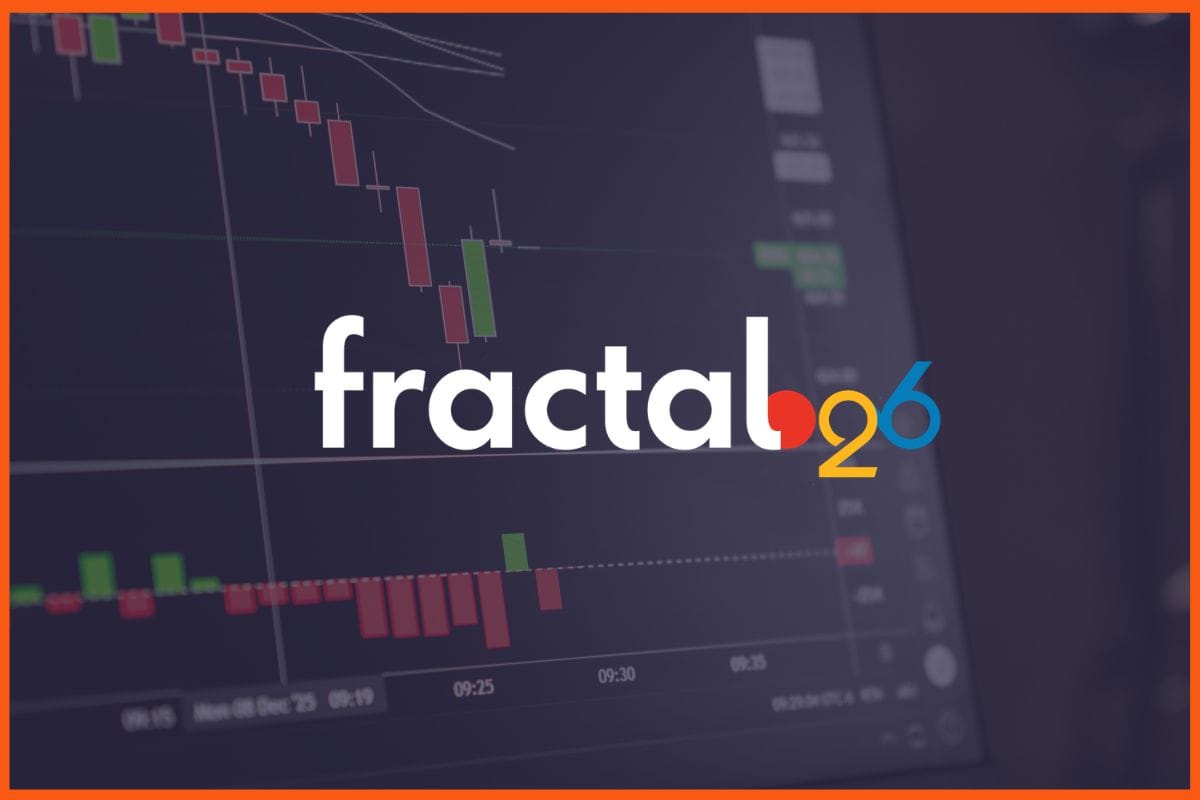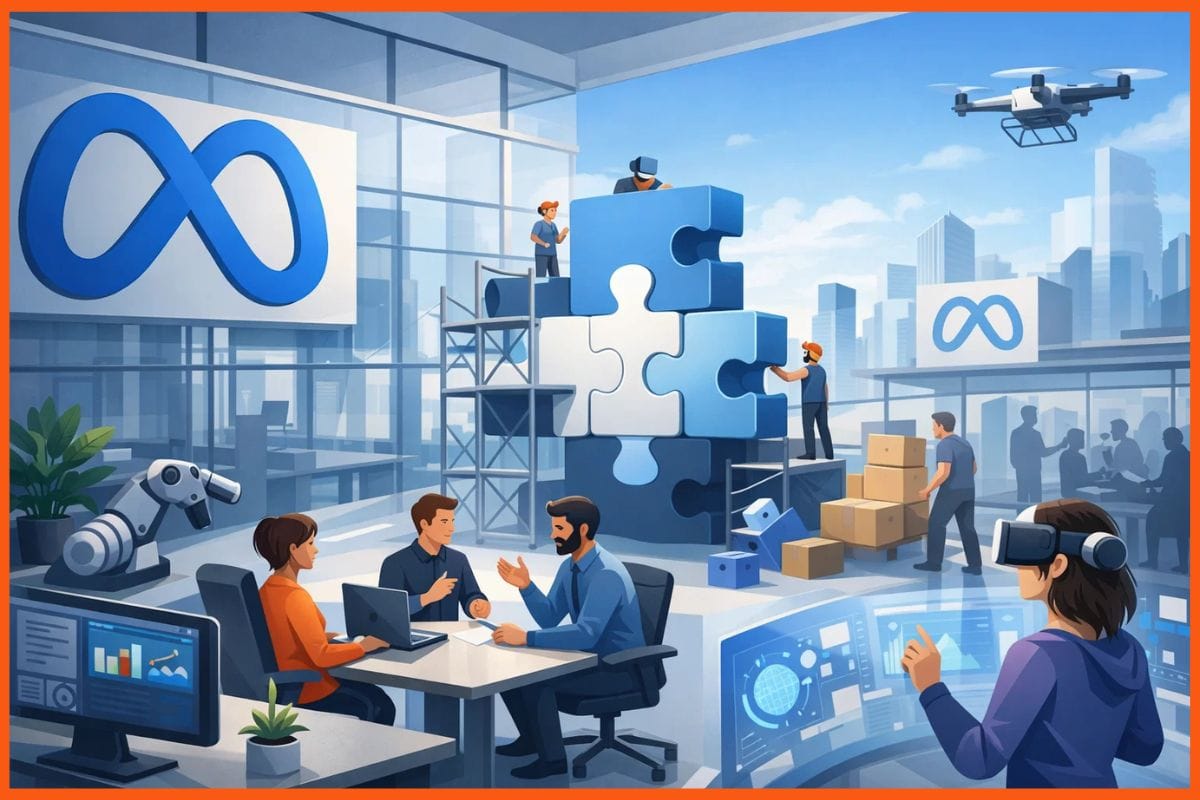How AI Code Assistant Tools Can Improve Your Programming Skills
AI Code Assistant Tools
As a software developer, you are always striving to write flawless code that is not only functional but also elegant, efficient, and robust. However, the journey towards code perfection can often feel like an uphill battle, and the advances in artificial intelligence (AI) have provided an exciting opportunity to enhance your coding skills. In this article, we will explore how AI code assistant tools can revolutionize your programming experience, from idea generation to bug detection and performance optimization. So let's dive in and discover how these tools can become your coding superpower.
Ways AI Code Assistant Tools Can Boost Your Programming Skills
- Idea Generation: Unleash Your Creativity with AI
- Code Reviews: Enhance Your Skills with AI Feedback
- AI-Assisted Code Completion: Accelerate Your Coding Speed
- Bug Detection: Catching Flaws with AI
- AI-Powered Performance Optimization: Enhance Your Code Efficiency
- AI-Driven Documentation: Enhance Collaboration and Communication
The Best AI Code Assistant Tools in 2023
A Disclaimer Before We Begin
Before we delve into the world of AI code assistant tools, it is essential to establish some boundaries. While these tools can significantly enhance your coding process, they should not replace the role of a developer. You should always be the captain of the ship, steering the direction of your AI assistant. AI tools excel at menial and maintenance tasks, such as improving code quality, but should not be relied upon to generate entire projects. With that in mind, let's explore the ways AI can empower you as a developer.

Ways AI Code Assistant Tools Can Boost Your Programming Skills
Here's how AI code assistant tools can enhance your programming skills and empower you as a developer:
Idea Generation: Unleash Your Creativity with AI
As a developer, you may often find yourself hitting a mental block when trying to come up with the best solution for a coding problem. Instead of wasting valuable time consulting colleagues or online forums, AI can be your go-to assistant for idea generation. AI-powered language models like OpenAI's Codex and ChatGPT can provide valuable suggestions and insights to help you overcome these mental blocks.
By describing your problem in full and including relevant code snippets, you can prompt these AI models to generate innovative ideas for your coding tasks. For example, if you are struggling with web scraping and need assistance, you can ask ChatGPT for suggestions, and it may provide helpful advice on handling errors and simplifying data extraction using libraries like Pandas.
It is important to note that while AI can suggest code snippets, it is always recommended to review and modify the code to ensure its quality and security. AI should be seen as a source of inspiration rather than a direct solution.
Code Reviews: Enhance Your Skills with AI Feedback
Code reviews are an essential part of the development process, especially for newer programmers who are still learning best practices and coding standards. AI code assistant tools can offer personalized code reviews, providing valuable feedback on your code quality and highlighting areas for improvement.
One notable tool in this domain is Rankode, which generates personalized reports assessing your programming skills, strengths, and areas for growth. These reports allow you to track your progress as a programmer and address any poor coding habits early on, ultimately enhancing your coding skills and efficiency.
By leveraging AI code reviews, you can gain insights into industry best practices and receive guidance on how to write cleaner, more efficient code. This feedback loop helps you grow as a developer and produce higher-quality code.
AI-Assisted Code Completion: Accelerate Your Coding Speed
Translating concepts and theories into actual code can be challenging, especially for new programmers. AI-powered code completion tools can assist you in this process by providing code snippets and templates for various programming tasks.
For instance, when you are learning a new algorithm like binary search or merge sort, you can turn to AI tools like ChatGPT to generate code examples with explanations. By asking ChatGPT to demonstrate how to implement binary search, you will receive a well-annotated code snippet that serves as a guideline for your own code. This allows you to understand the structure and logic behind the algorithm while ensuring you are on the right track.
By utilizing AI-powered code completion, you can save time and gain a deeper understanding of complex algorithms and programming concepts.
Bug Detection: Catching Flaws with AI
Bug detection is a universal pain point for programmers. AI code assistant tools can alleviate this pain by automatically identifying bugs and suggesting improvements in real time.
One notable tool in this domain is GitHub Copilot, which uses AI to analyze publicly available code from GitHub repositories. It can detect errors in your code and provide suggestions for fixes, reducing the time and effort spent on debugging.
GitHub Copilot acts as your built-in AI assistant, helping you maintain code quality and reducing the likelihood of introducing vulnerabilities, especially for newer programmers or small-scale projects without a dedicated QA team. By leveraging AI for bug detection, you can improve the overall quality of your code and ensure a smoother development process.

AI-Powered Performance Optimization: Enhance Your Code Efficiency
Efficient code is crucial for optimal performance. AI code assistant tools can help you optimize your code by suggesting improvements and identifying areas for performance enhancement.
For instance, by asking AI tools like ChatGPT to review your code and provide optimization suggestions, you can receive valuable insights on how to improve the efficiency of your implementations. Whether it's optimizing sorting algorithms or analyzing the runtime complexity of your functions, AI can guide you toward writing code that is both elegant and efficient.
AI-Driven Documentation: Enhance Collaboration and Communication
Clear and concise documentation is crucial for effective collaboration among developers. AI code assistant tools can help you enhance your documentation by providing suggestions, correcting errors, and evaluating the overall effectiveness of your documentation.
AI tools can generate explanations, improve grammar and sentence structure, and even evaluate the comprehensibility of your documentation. By leveraging AI for documentation, you can ensure that your codebase is well-documented and easily comprehensible to your team members.
Additionally, you can sprinkle in some creativity by using AI-generated icons and custom images to make your documentation more visually appealing and engaging. While these elements may not directly improve the quality of your code, they contribute to the overall comprehensibility and user experience of your programming projects.
The Best AI Code Assistant Tools in 2023
Now that we have explored the different ways AI code assistant tools can transform your coding experience, let's take a closer look at some of the best tools available in 2023:
- OpenAI Codex: A powerful AI language model trained on billions of lines of code, capable of assisting in various programming tasks.
- GitHub Copilot: An AI-powered tool that analyzes publicly available code to provide real-time suggestions and enhancements.
- ChatGPT: An AI chatbot that can generate code snippets and provide guidance on various programming tasks.
- AlphaCode: A tool developed by DeepMind that outperforms many human programmers in coding competitions.
- Tabnine: An AI-powered code completion tool that supports multiple programming languages and provides intelligent suggestions.
- CodeT5: An open-source AI code generator that supports Java, Python, and JavaScript, offering quick and reliable code generation.
- DeepCode: A cloud-based AI tool that performs static code analysis to identify potential bugs and vulnerabilities.
- WPCode: An AI-driven WordPress code generator that helps developers quickly generate high-quality code snippets.
- Codiga: An AI-powered static analysis tool that helps identify security vulnerabilities and offers suggestions for improvement.
- AskCodi: A comprehensive AI code generator that offers a range of development tools to streamline the coding process.
These tools can significantly enhance your coding process, improve code quality, and accelerate your development speed. However, it is important to remember that AI tools should be used as assistants and not as replacements for human developers.
How to Learn to Code Fast Using ChatGPT
Conclusion
AI code assistant tools have the potential to revolutionize the way you code. From idea generation to bug detection and performance optimization, these tools can significantly enhance your coding experience, making you more efficient, accurate, and creative.
By leveraging AI tools, you can overcome mental blocks, receive personalized code reviews, accelerate your coding speed, catch bugs early on, optimize your code for performance, and enhance collaboration through improved documentation.
Remember, AI code assistant tools are not meant to replace human developers but rather to empower them. By combining the creativity and expertise of human developers with the efficiency and accuracy of AI, you can unlock new levels of productivity and code quality.
So embrace the power of AI code assistant tools, supercharge your coding skills, and embark on a journey to become an even better programmer.

FAQs
What are the best AI code assistant tools?
Some of the best AI code assistant tools are:
- GitHub Copilot
- CodeT5
- Codiga
- AlphaCode
- OpenAI Codex
- ChatGPT
How can AI code assistant tools enhance coding skills?
AI code assistant tools can enhance coding skills through idea generation, code reviews, bug detection, code completion, and performance optimization.
Which AI tool can assist in detecting bugs in code?
GitHub Copilot, which uses AI to analyze publicly available code from GitHub repositories, can detect errors in your code and provide suggestions for fixes, reducing the time and effort spent on debugging.
Must have tools for startups - Recommended by StartupTalky
- Convert Visitors into Leads- SeizeLead
- Website Builder SquareSpace
- Run your business Smoothly Systeme.io
- Stock Images Shutterstock





